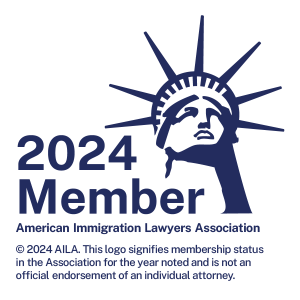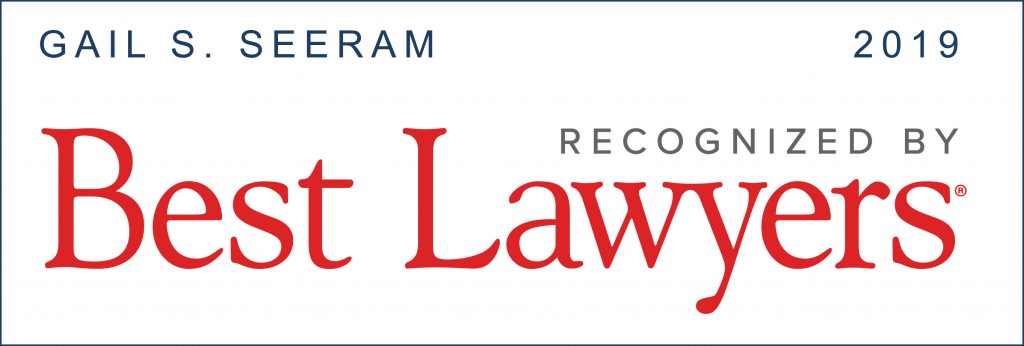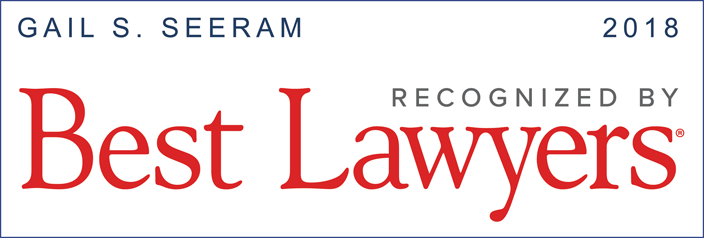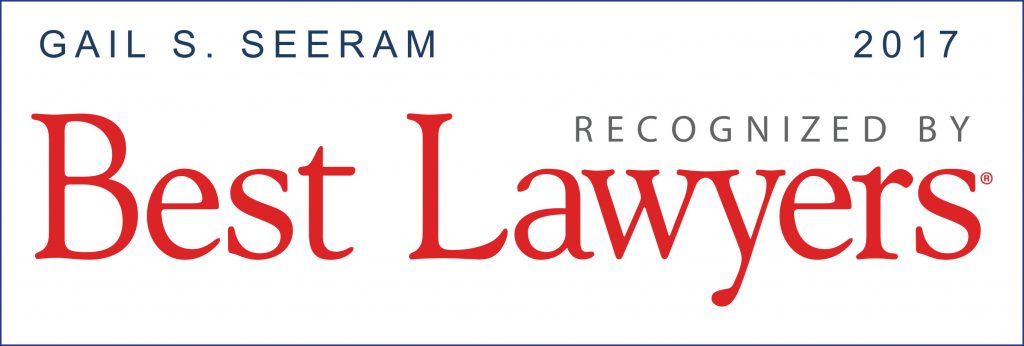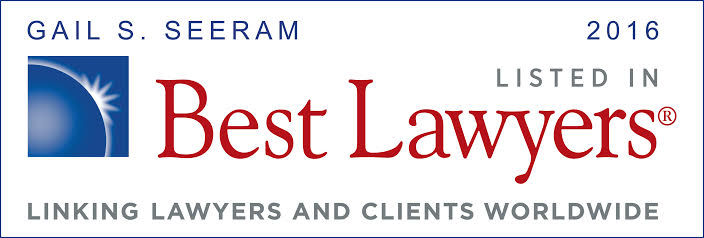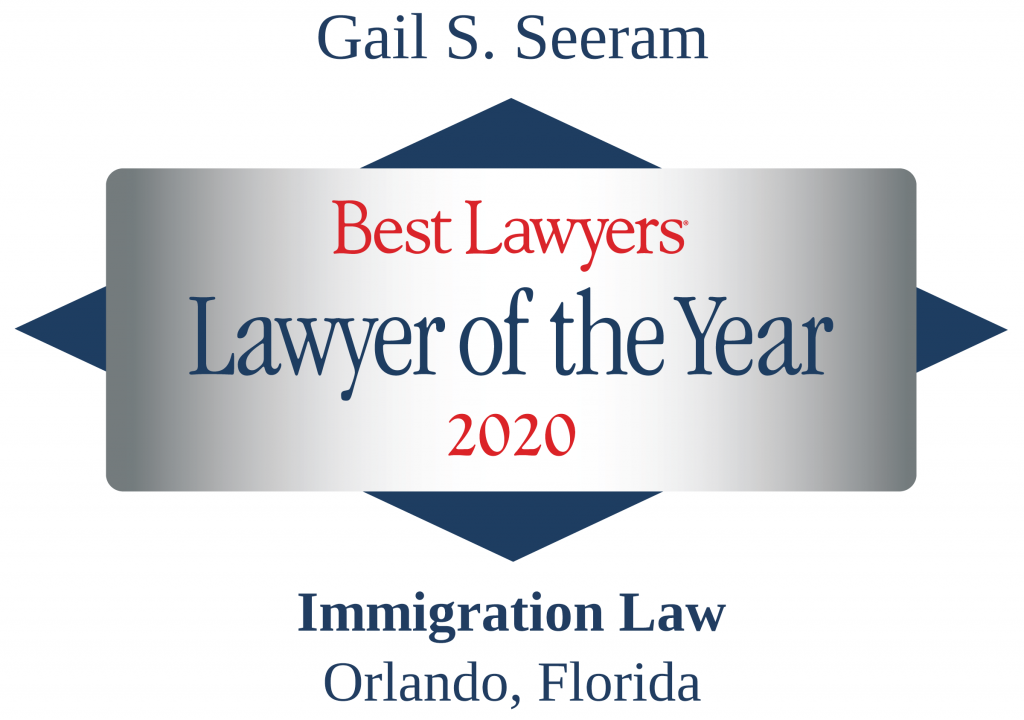
In the recently decided U.S. Supreme Court case, Maslenjak v. United States, 6/22/17, the justices unanimously rejected the government’s position that a naturalized U.S. citizen can be stripped of U.S. citizenship based on misstatements during the naturalization proceedings or on the citizenship application. A government lawyer argued that failing to disclose a speeding violation could be enough to revoke citizenship even years later.
Justice Elena Kagan stated that the law required a tighter connection between the lie and the procurement of citizenship. “We hold that the government must establish that an illegal act by the defendant played some role in her acquisition of citizenship,” she wrote. “When the illegal act is a false statement, that means demonstrating that the defendant lied about facts that would have mattered to an immigration official, because they would have justified denying naturalization or would predictably have led to other facts warranting that result.”
The case concerned Divna Maslenjak, an ethnic Serb who had refugee status and became a United States citizen in 2007. During the application process for U.S. citizenship, she made a false statement that her husband feared the Bosnian Serb military but in fact her husband served in a Bosnian Serb military unit. Ms. Maslenjak was charged with obtaining her citizenship illegally. She sought to argue that her lie was immaterial, but the trial judge told the jury that any lie, however significant, was enough. Ms. Maslenjak was convicted, her citizenship was ordered revoked, and she and her husband were deported to Serbia.
The U.S. Supreme Court decision stated that the Government’s interpretation of the law would create a profound mismatch between the requirements for naturalization and those for denaturalization: Some legal violations that do not justify denying citizenship should not justify revoking it later. For example, lies told out of “embarrassment, fear, or a desire for privacy” (rather than “for the qualifying under the statutory requirement of “good moral character.” But under the Government’s reading of §1425(a), any lie told in the naturalization process would provide a basis for rescinding citizenship. The U.S. Supreme Court disagreed with this argument.
For more information, contact Gail Law Firm:
Email: Gail@GailLaw.com
Phone: 1-877-GAIL-LAW or 407-292-7730
www.MyOrlandoImmigrationLawyer.com
FREE in-office consultation – FREE Live Chat
Copyright © Law Offices of Gail S. Seeram, 2017. All Rights Reserved.


